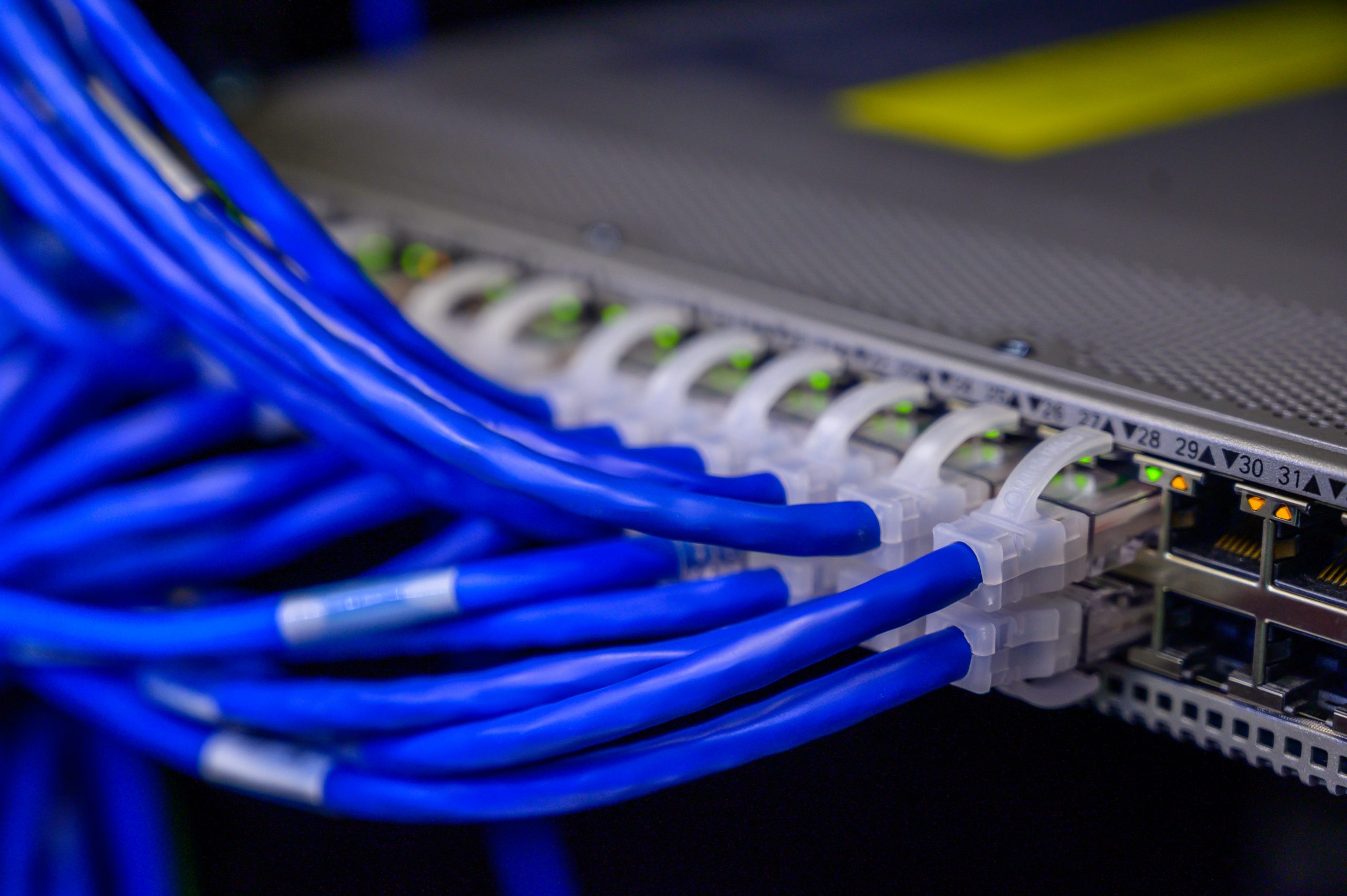How does a VPN work?
21 Mar, 20235 minsHow does a VPN work?It’s estimated that there are now a staggering 10 billion devices connec...

How does a VPN work?
It’s estimated that there are now a staggering 10 billion devices connected to the internet. Yes, you read that correctly; 10 billion. As in, more than the number of people on the planet.
With all the data produced as a result – around 2.5 quintillion bytes each day – privacy is paramount, yet we’re increasingly vulnerable to third parties who want to steal and misuse that data. Remote working during the COVID-19 pandemic accentuated this issue as we were forced to connect via unsecure networks.
Among the ways to protect against such eventualities, a virtual private network (VPN) is a system that encrypts your internet data as you use it, protecting it from prying eyes. By connecting to a private server before accessing a web page, which would ordinarily collect data about you from your computer, your data is scrambled so that it’s useless, even if someone else gets their hands on it.
Without an ‘encryption key’, a third party is effectively presented with gobbledygook, rather than being able to glean information from you such as which sites you’re visiting and potentially sensitive personal details via your Internet Protocol (IP) address. This is the unique dataset that identifies your device – amongst the 10 billion others – and communicates information back and forth between other devices and sites. Since it holds information on who you are and potentially where you are, it’s this data that can make you vulnerable, from personalised spam to identity theft.
Fortunately, amongst flexible, ‘hybrid’ working patterns, there’s no need to compromise on security, since a myriad of apps and platforms are emerging to protect us. Statista estimates the VPN industry is worth around $45 billion; and this figure has grown by 75 per cent in three years and will grow by the same amount again in the next three years.
Using these platforms, individuals and businesses can add a layer of security to their internet connectivity, by tricking other computers as to their whereabouts, hiding their IP address and scrambling their data. By doing so, your computer can safely send and receive information online, with minimal risk of it being intercepted by anyone else. VPNs also encrypt your cookies, so third parties aren’t able to access your data from other websites.
Naturally, with so many new VPNs available, different types will suit different needs, and research is crucial in determining the best for you or your business. Many users will be understandably sceptical, especially in light of high-profile cases like Project Atlas; a scam by Facebook that offered users access to a VPN for a monthly fee but that, instead of securing their data, was syphoning it to the social network in the form of their phone and internet activity. An investigation by TechCrunch found that Facebook Research gave “[Facebook] permission to collect data from your phone that will help them understand how you browse the internet, and how you use the features in the apps you’ve installed … which apps are on your phone, how and when you use them, data about your activities and content within those apps, as well as how other people interact with you or your content within those apps.” That’s a scary amount of data.
But, by reading the fine print and also exploring any VPN’s level of encryption, you can ascertain whether they offer AES-256 encryption, which stands for Advanced Encryption Standard and a key length of 256 bits. This ensures you’re using a single key to encrypt and decipher data and is the strongest, practically unbreakable, standard; don’t settle for anything less.
With a host of VPNs offering platforms for all devices, laptops, smartphones, etc, always download an app from a certified provider via the Google or Apple Store – something that, incidentally, Facebook Research bypassed. This – and the app’s reviews – will ensure a VPN’s legitimacy and the security of your data. By disguising your IP address when you are online, a VPN can protect you from stolen data and third parties accessing your internet activity.
Need support in securing that dream role or building out your networking team? We have over 30 years’ worth of experience and expertise in IT Network and Security, and unparalleled knowledge of the market. That’s how we can be confident in knowing that we can help you in achieving your career or business ambitions. Get in touch with our team today.




